On December 13, 2011, LinkedIn released its “most overused” buzzwords list for 2011. Here is the list of the top 10, with “creative” reigning at the top. When a particular country or countries stood out for overuse of a term, the country name(s) are listed in parentheses:
- Creative (Australia, Canada, Germany, the Netherlands, the United Kingdom and the United States)
- Organizational
- Effective (India)
- Extensive experience
- Track record (Singapore)
- Motivated (Ireland)
- Innovative
- Problem solving (Italy)
- Communication skills
- Dynamic (France)
The good news? Some people heeded last year’s list and stopped overusing at least some of the following 2010 Overused Buzzwords:
- Extensive experience
- Innovative
- Motivated
- Results-oriented
- Dynamic
- Proven track record
- Team player
- Fast-paced
- Problem solver
- Entrepreneurial
The four exact matches between 2010 and 2011 years are “motivated,” “dynamic,” “innovative” and “extensive experience.” There are also some near matches with “problem solving” vs. “problem solver” and “proven track record” vs. “track record” (I personally have tired of all of these terms).
I believe job seekers and career professionals have done some good work changing the landscape — four of the terms on the list have changed, and all of them have changed rank. Let’s face it: There will be overused words every year. I’m just glad to see we’re learning lessons along the way.
How Creative are You?
This year’s primary lesson: Don’t say you are “creative” – demonstrate your creativity! Design and upload a PowerPoint presentation to SlideShare and post it to your LinkedIn profile. Give examples of marketing strategies you devised. Include your artistic portfolio in your profile. And don’t use the same words everyone else is using! We now know that asserting you are “creative” is a sure way to prove that you are not.
Met or Exceeded Organizational Goals?
“Organizational” is a bit tougher. How do you say you met organizational goals without saying you met organizational goals? One thing to keep in mind is that of course you are going to strive for and meet organizational goals! What other goals would you possibly want to report? I admit I will be a little sad to let this term go, but I see the point of finding alternatives. “Meet targeted goals” would be just as effective (oh did I say “effective”? Send me to India where I’ll be in good company!) Or perhaps a chart of goals vs. accomplishments would obviate the need for the term “organizational.” I predict that next year “goal(s)” and “target(s)” will top this list.
Devise an Effective Strategy Lately?
Thankfully there are a multitude of ways to convey the concept of “effective.” “Successful” is the clearest alternative, followed by “winning,” “profitable,” “lucrative,” “productive,” “fruitful,” “targeted” and even “efficacious” (I don’t love that last one as a resume/profile adjective). Take your pick or find another way to say what you mean! (Sometimes you can just leave out the adjective completely, as I did by avoiding “find another effective way” in that last sentence.)
As for “extensive experience” and “track record,” these terms are like nails on a blackboard to me. I see them a lot and make short work of them on my resumes.
How many of these top 10 overused words show up in your profile? Please share below.
And if you want expert assistance to craft a LinkedIn profile that stands out in a sea of 135 million LinkedIn users, contact The Essay Expert through our Web Form or at 608-467-0067.
Like this article? You might also enjoy Ten Buzzwords to Take Off Your LinkedIn Profile Now published by Time Newsfeed.

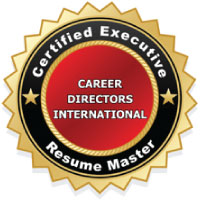
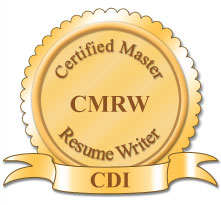
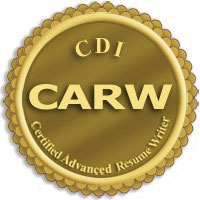
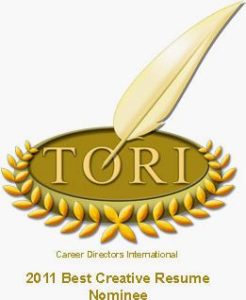
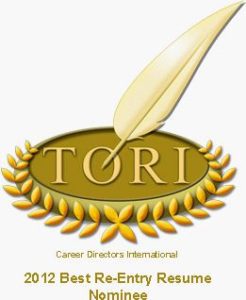
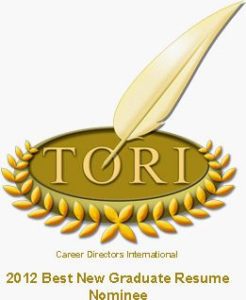
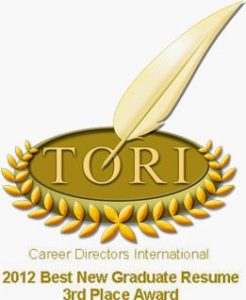
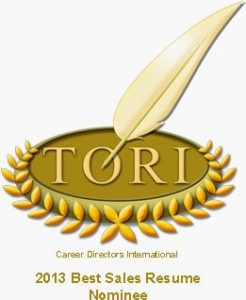
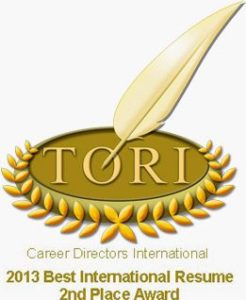
How did they miss “sustainable”? A particularly awful one since it has so many connotations:
1) environmentally friendly
2) doing something positive that sticks
3) keeping the business alive
4) not hogging or wasting resources (or not getting caught doing it)
5) from the old green revolution, when green meant “crop based”, not clean: using local, renewable stuff, rather than paying a big company for a remedy
6) an admirable word to put in the annual report or PR release to mean you operate responsibly, whatever that is.
and on and on
Some years back I would have added “leverage” as a verb. Too late, it stuck.
Thanks for the suggested addition! I’m sure this one is overused in certain sectors, though not universally enough to make it onto the list. Maybe this world would be a better place if “sustainable” were on the top of the list!